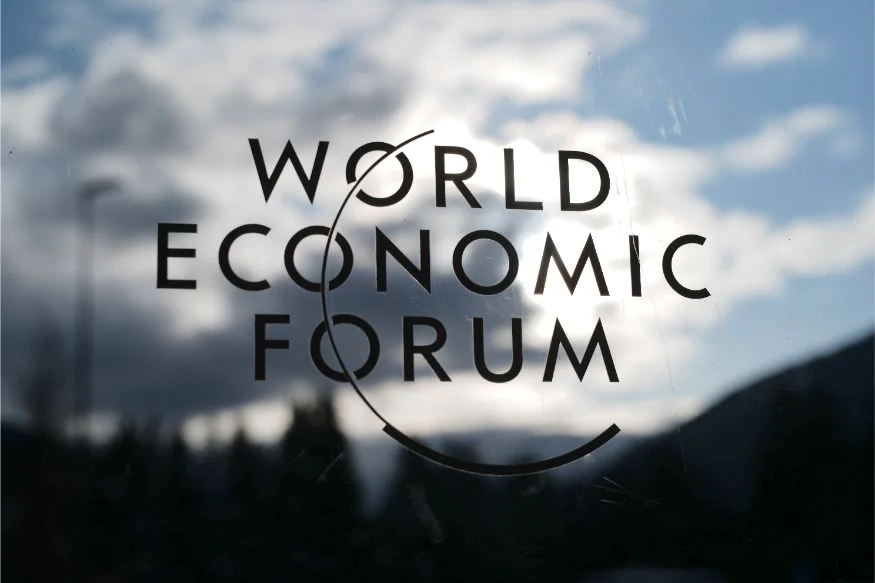NEW DELHI/GENEVA: India has moved up two positions to rank 74th on a global ‘Energy Transition Index’ with improvements on all key parameters of economic growth, energy security and environmental sustainability, the World Economic Forum (WEF) said on Wednesday.
Releasing the annual rankings, the Geneva-based international organisation for public-private cooperation said COVID-19 will compromise the transition to clean energy without an urgent stakeholder action as unprecedented disruptions due to the pandemic threaten this transition.
In its report, the WEF said its study measuring readiness for clean energy transition in 115 economies showed that 94 have made progress since 2015, but environmental sustainability continues to lag.
Sweden has topped the Energy Transition Index (ETI) for the third consecutive year and is followed by Switzerland and Finland in the top three.
Surprisingly, France (ranked 8th) and the UK (7th) are the only G20 countries in the top ten.
The WEF said the “emerging centres of demand” such as India (74th) and China (78th) have made consistent efforts to improve the enabling environment, which refers to political commitments, consumer engagement and investment, innovation and infrastructure, among others.
In China’s case, problems of air pollution have resulted in policies to control emissions, electrify vehicles, and develop the world’s largest capacity for solar photovoltaic (PV) and onshore wind power plants.
For India, gains have come from a government-mandated renewable energy expansion programme, now extended to 275 GW by 2027.
India has also made significant strides in energy efficiency through bulk procurement of LED bulbs, smart meters, and programs for labelling of appliances. Similar measures are being experimented to drive down the costs of electric vehicles, the WEF said.
India is one of the few countries in the world to have made consistent year-on-year progress since 2015.
India’s improvements have come across all three dimensions of the energy triangle — economic development and growth, energy access and security, and environmental sustainability.
It indicates a strong positive trajectory, driven by strong political commitment and an enabling policy environment.
The WEF said the coronavirus pandemic risks cancelling out recent progress in transitioning to clean energy, with unprecedented falls in demand, price volatility and pressure to quickly mitigate socioeconomic costs placing the near-term trajectory of the transition in doubt.
Policies, roadmaps and governance frameworks for energy transition at national, regional and global levels need to be more robust and resilient against external shocks, according to the latest edition of WEF’s Fostering Effective Energy Transition 2020 report.
COVID-19 has forced companies across industries to adapt to operational disruption, changes in demand and new ways of working, and governments have introduced economic recovery packages to help mitigate these effects.
If implemented with long-term strategies in mind, they could also accelerate the transition to clean energy, by helping countries scale their efforts towards sustainable and inclusive energy systems.
“The coronavirus pandemic offers an opportunity to consider unorthodox intervention in the energy markets and global collaboration to support a recovery that accelerates the energy transition once the acute crisis subsides,” said Roberto Bocca, Head of Energy and Materials, WEF.
The index benchmarks 115 economies on the current performance of their energy systems across economic development and growth, environmental sustainability, and energy security and access indicators- and their readiness for transition to secure, sustainable, affordable, and inclusive energy systems.
The results for 2020 show that 75 per cent of countries have improved their environmental sustainability.
This progress is a result of multifaceted, incremental approaches, including pricing carbon, retiring coal plants ahead of schedule and redesigning electricity markets to integrate renewable energy sources.
However, this hard-won progress highlights the limitations of relying only on incremental gains from existing policies and technologies to complete the transition to clean energy.
The greatest overall progress is observed among emerging economies, with the average ETI score for countries in the top 10 per cent remaining constant since 2015, signalling an urgent need for breakthrough solutions – one threatened by COVID-19.
The report said the scores for the US (32th), Canada (28th), Brazil (47th) and Australia (36th) were either stagnant or declining.
In the US, the headwinds have been mostly related to policy environment, while for Canada and Australia, the challenges lie in balancing energy transition with economic growth given the role of the energy sector in their economy.
The fact that only 11 out of 115 countries have made steady improvements in ETI scores since 2015 shows the complexity of energy transition.
Argentina, China, India and Italy are among the major countries with consistent annual improvements. Others, such as Bangladesh, Bulgaria, Czech Republic, Hungary, Kenya, and Oman have also made significant gains over time.
On the other hand, scores for Canada, Chile, Lebanon, Malaysia, Nigeria and Turkey have declined since 2015.
The US ranks outside the top 25 per cent for the first time, primarily due to the uncertain regulatory outlook for energy transition. (AGENCIES)


